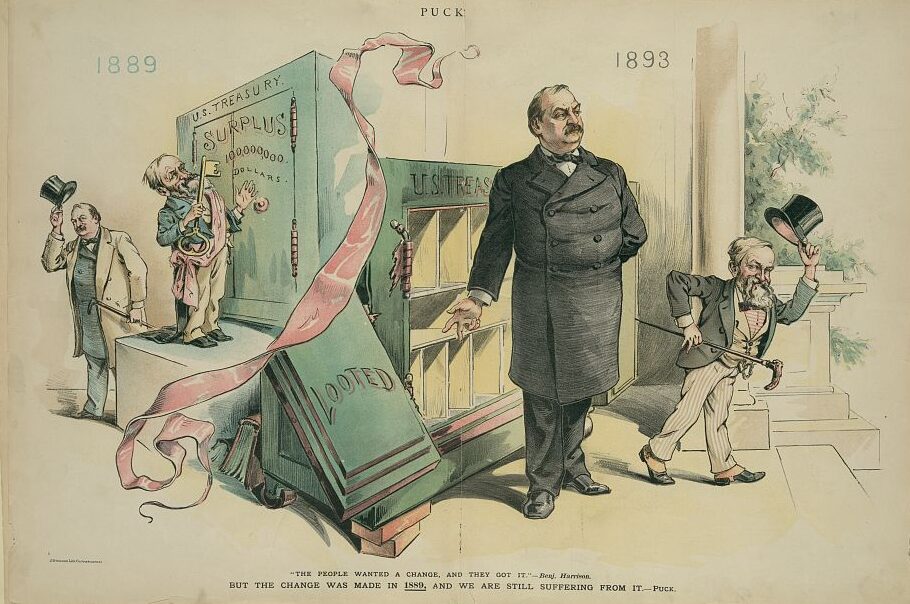Richard Moss is an associate professor of history at Harrisburg Area Community College. He lives in Lancaster, Pennsylvania, and has been a member since 2006.
Alma maters: BA, University of North Carolina at Asheville, 2000; MA, University of Connecticut, 2003; PhD, Purdue University, 2009
Fields of interest: modern United States, global, religion, race, and ethnicity
Describe your career path. What led you to where you are today? I always loved trying to tell stories and make sense of the world through them, which led me to history at an early age. When I got to college, I learned that history was more than presidents and kings and unceasing forward progress—there was an incredible diversity of stories that I had never been exposed to, and incredible nuance to stories that I thought were familiar (the Black Freedom Struggle did not end in 1965? Who knew?). I became almost obsessed with making sense of all these new (for me) threads, ideas, figures, and worldviews, and how together they created the world we live in. I also knew I wanted to foster the same sense of discovery in others and make the past accessible, and I felt like teaching and writing were the natural choices for me.
What do you like the most about where you live and work? Lancaster County is such a diverse, dynamic place. It has a proud multiethnic identity and has gotten a lot of national attention lately for the number of refugees it has welcomed. This is reflected in my classes at HACC—in any given semester I have students from Puerto Rico, Tanzania, Egypt, South Africa, Southeast Asia, and many other places, along with students whose roots here go back hundreds of years. It is so gratifying to see and hear and read their interactions with one another.
I am also very proud of the open-access mission of community colleges. We accept anyone who wants to better their life, and we give up a lot of luxuries to make it affordable for them.
What projects are you currently working on? Well, my first book (Creating the New Right Ethnic in 1970s America: The Intersection of Anger and Nostalgia) was recently published by Fairleigh Dickinson University Press, so I am currently working on a nap!
Have your interests evolved since graduation? If so, how? Yeah, definitely. I focused on modern US history in grad school, but I have become more and more interested in global history. At HACC our most popular offering is the world history survey, and I love teaching those classes. To prep for them (and because I just wanted to), I essentially did the reading for another set of qualifying exams, which I highly recommend—it is great fun when you do not have a committee to answer to, and it has given me an entirely new perspective on how to think about and teach the past.
What’s the most fascinating thing you’ve ever found at the archives or while doing research?One that stands out was a letter to Thomas Jefferson that I found as a grad student, while gathering documents on the early American explorer John Ledyard. In it, he details travelling across Russia and being arrested, detained, and deported to Poland on the order of Catherine the Great. I was actually gathering this material for a historian in another state, and knowing very little about early American history at that time my first reaction was to write to him and ask, “Are you sure this guy [and hence your project] is for real? Because he sounds like a nut.” He did not give me any more work after that.
Is there an article, book, movie, blog etc. that you could recommend to fellow AHA members?With apologies to my wife, Erin, I always recommend tsundoku, the Japanese concept of buying more books than you can read and letting them pile up on shelves, tables, and nightstands. If I had to narrow it down, though, my all-timer would be Judith Walkowitz’s City of Dreadful Delight, which blew open my ideas of what history could be and do when I read it early in my MA program. Closer to my own field, Lizabeth Cohen’s Making a New Deal and Ronald Formisano’s Boston Against Busing have always been tremendously influential for me. And I do enjoy reading historiann.com.
What do you value most about the history discipline? It helps me and my students understand the larger context of the world, and where we fit into it.
Why is membership in the AHA important to you? It is always invigorating to see so much dynamism in the pages of the AHR. The articles and roundtables inspire me to never get too comfortable in my approach to teaching and understanding the past.
AHA members are involved in all fields of history, with wide-ranging specializations, interests, and areas of employment. To recognize our talented and eclectic membership, AHA Todayfeatures a regular AHA Member Spotlight series.
This post first appeared on AHA Today.
This work is licensed under a Creative Commons Attribution-NonCommercial-NoDerivatives 4.0 International License. Attribution must provide author name, article title, Perspectives on History, date of publication, and a link to this page. This license applies only to the article, not to text or images used here by permission.




